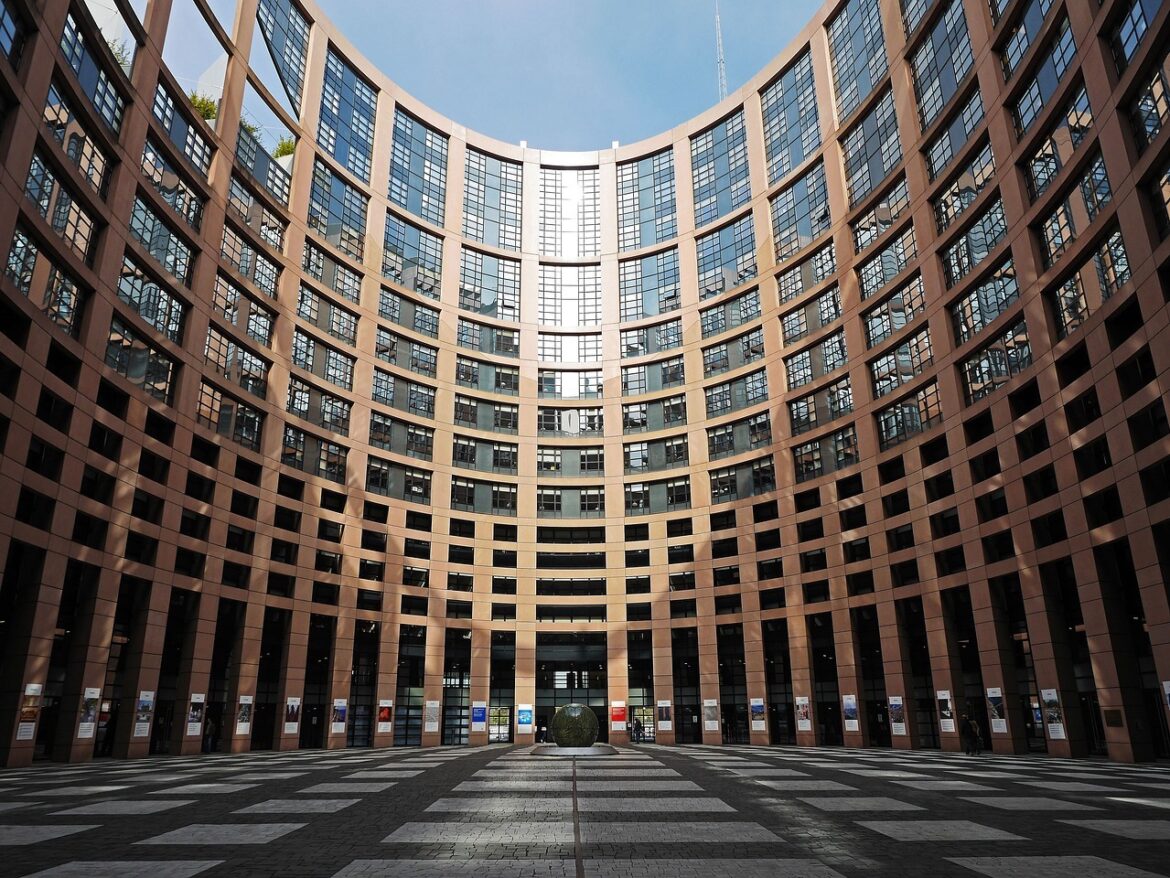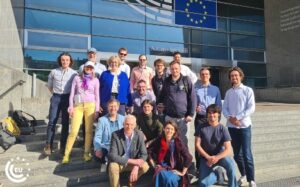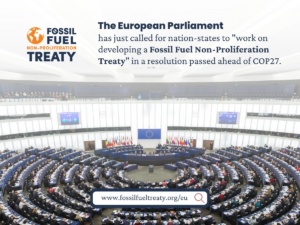
 With the European Union rolling out the next phase of its Emissions Trading System (ETS2) as well as its carbon border adjustment mechanism (CBAM), Citizens’ Climate Europe has been busy lobbying the European Union Parliament with the aim of achieving the most effective and equitable policies. CCEU Chair James Collis reports that 18 members from eight countries held 30 meetings in Brussels last April.
With the European Union rolling out the next phase of its Emissions Trading System (ETS2) as well as its carbon border adjustment mechanism (CBAM), Citizens’ Climate Europe has been busy lobbying the European Union Parliament with the aim of achieving the most effective and equitable policies. CCEU Chair James Collis reports that 18 members from eight countries held 30 meetings in Brussels last April.
To get an idea of the message they brought to their meetings, check out their laser talk, “ETS — Why and How to be More Ambitious.” In short, CCEU volunteers urged that carbon pricing be more ambitious and predictable and that revenue be recycled to households — climate income — which would increase public support for more ambitious pricing and have a positive impact on the economy.
In 2022, Germany hosted the G7 meeting with the focus of establishing a “Climate Club” of like-minded nations implementing policies to reduce greenhouse gas emissions. CCEU’s grasstops engagement at the G7 resulted in a statement that included carbon pricing. Their engagement also developed relationships with other organizations.
In another breakthrough last year, CCEU applied for and succeeded in becoming a member of the EU Climate Change Expert Group that is working on ETS2 implementation. ETS2 covers carbon pricing for road transport and buildings, which will impact EU citizens directly. Regarding CCEU’s membership in the group, James Collis said, “We are punching above our weight as the only volunteer, citizen-based organization represented amongst the 16 CCEG members, in addition to the 27 national governments and the EU executive.”
More on grasstops work: CCEU engaged a number of think tanks, NGOs, academic and civil society organizations. The most significant relationship is with the European Environmental Bureau (EEB), which supports our advocacy. CCEU presented at EEB’s Climate and Energy Working Group meetings in Brussels in February and October of 2023. “The immediate impacts were Austrian NGOs who validated our Klimabonus (Climate Income) summary and other NGOs beginning to understand the importance of citizen rebates to enable ambitious carbon pricing.”
CCEU’s future work will focus on getting climate income to be part of carbon pricing regimes to make such policies more popular, which will allow pricing to rise to levels that have an effective impact on emissions.








